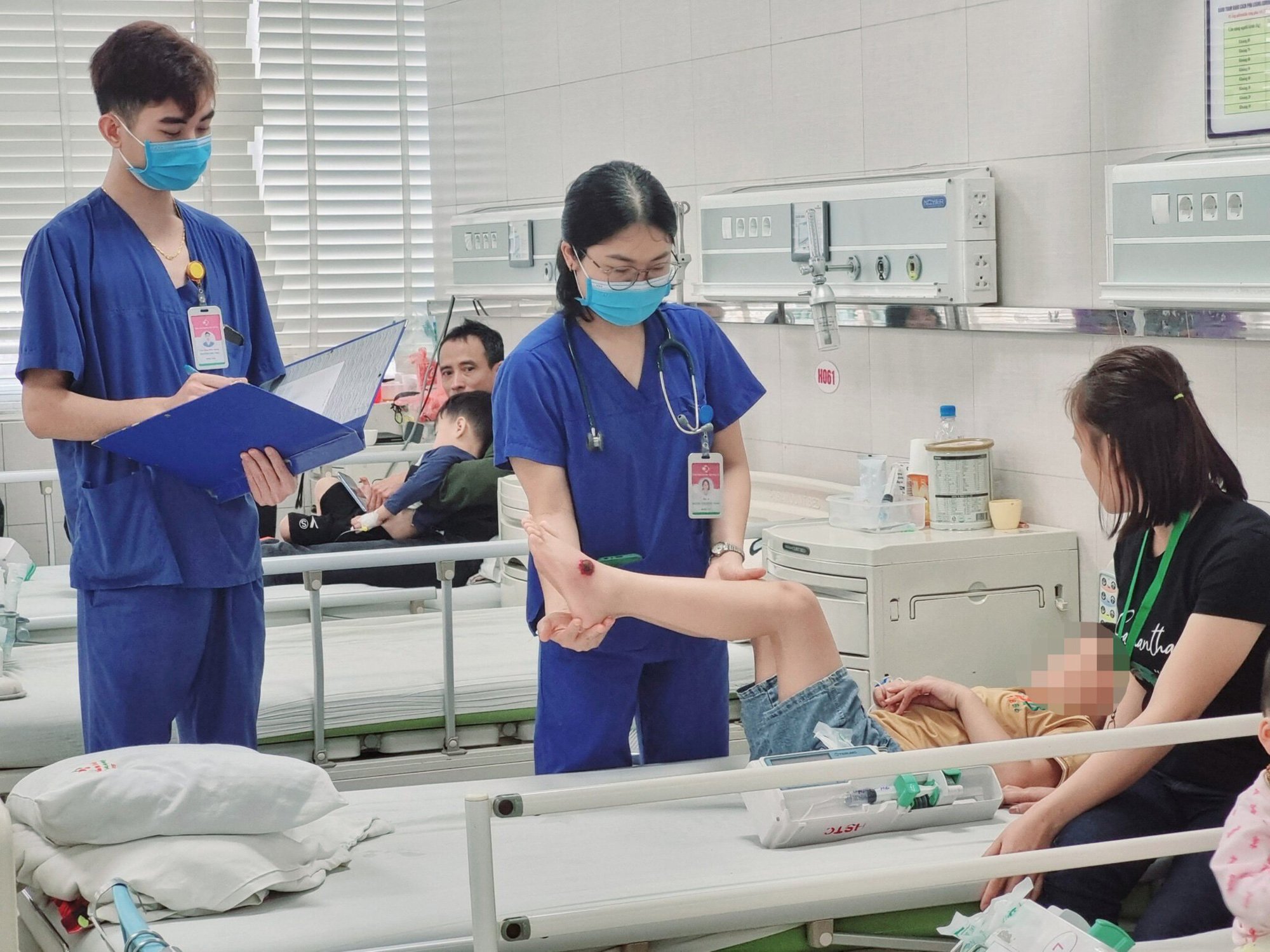
Doctors practice rehabilitation for children - Photo: HA NGUYET
Recently, doctors from the intensive care and anti-poisoning department of Phu Tho Province Obstetrics and Pediatrics Hospital successfully treated a 7-year-old boy with a cerebral infarction. Patient H.D.H. was admitted to the hospital with quadriplegia and difficulty speaking.
It is known that 5 days before, the baby showed symptoms of short-term quadriplegia, difficulty speaking but no fever, no headache, and had self-control of urination and defecation.
The family took the child to the district medical center for examination. The child was ordered to have a CT scan of the brain, but no abnormalities were detected, so he was asked to continue monitoring at home.
At home, the child experienced a longer episode of quadriplegia (about 15 - 20 minutes) accompanied by difficulty speaking and incontinence. However, when the episode ended, the child was able to walk and talk normally.
The child continued to experience weakness in all four limbs, but it lasted for many hours, along with difficulty breathing and speaking. The family rushed the child to the Maternity and Pediatrics Hospital for examination.
At the time of admission, the child had difficulty breathing and needed oxygen support. The child was tired, had weak limbs, had 3/5 muscle strength, had difficulty speaking, had no crooked mouth, was incontinent, and had signs of localized nerve paralysis.
Dr. Nguyen Vo Loc, deputy head of the hospital's intensive care and anti-poison department , said that immediately after receiving the child, the hospital immediately had the child undergo paraclinical tests to find the cause.
In particular, the results of the child's brain MRI showed damage to the front of the pons. "Because this is a rare medical case, we invited experts from Hanoi Medical University Hospital to consult on the film results and agreed that the child had a brain parenchyma, pons and brainstem infarction," said Dr. Loc.
The patient was treated with anti-cerebral edema and anticoagulants according to the protocol. After 5 days of treatment, the patient's condition improved significantly, the child still had mild limb weakness, muscle strength reached 4/5, and was able to eat and drink. The child spoke more but still had difficulty and still had incontinence.
After 20 days of treatment, the child was able to walk normally, speak clearly, eat well, have self-control in urination and defecation, no fever, no vomiting, no headache. The child was discharged from the hospital and scheduled for a follow-up visit after 2 weeks.
Pay attention to the expression
According to Dr. Loc, stroke (including cerebral infarction) is a dangerous disease that is very rare in young children. Children may have symptoms of muscle weakness, weak limbs, difficulty moving, difficulty speaking...
If not detected and treated promptly, the disease can leave very serious sequelae such as language disorders, paralysis of limbs, hemiplegia, paralysis of the whole body, inability to control normal movements, loss of control of urination and defecation...
Doctors recommend that parents and caregivers pay special attention to unusual signs in children. In particular, signs of limb weakness are often a manifestation of many serious neurological diseases.
Therefore, when seeing children showing these dangerous signs, it is necessary to quickly take them to specialized medical facilities for timely examination and treatment.
Source





![[Photo] Overcoming all difficulties, speeding up construction progress of Hoa Binh Hydropower Plant Expansion Project](https://vstatic.vietnam.vn/vietnam/resource/IMAGE/2025/4/12/bff04b551e98484c84d74c8faa3526e0)

![[Photo] Closing of the 11th Conference of the 13th Central Committee of the Communist Party of Vietnam](https://vstatic.vietnam.vn/vietnam/resource/IMAGE/2025/4/12/114b57fe6e9b4814a5ddfacf6dfe5b7f)
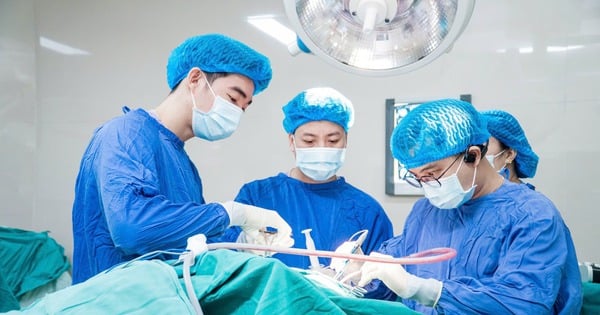

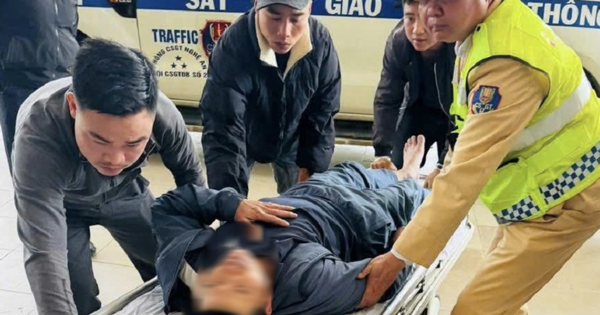

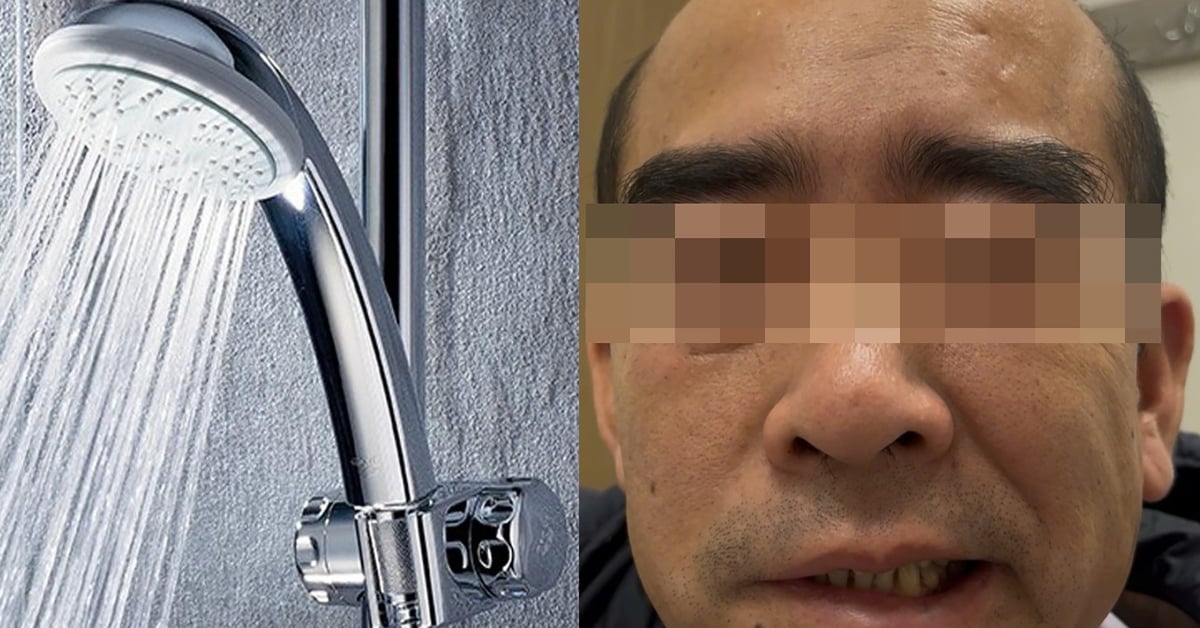
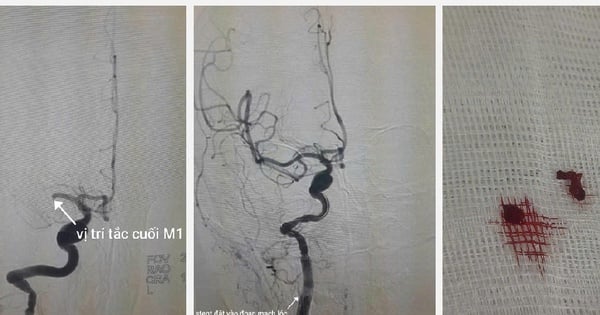

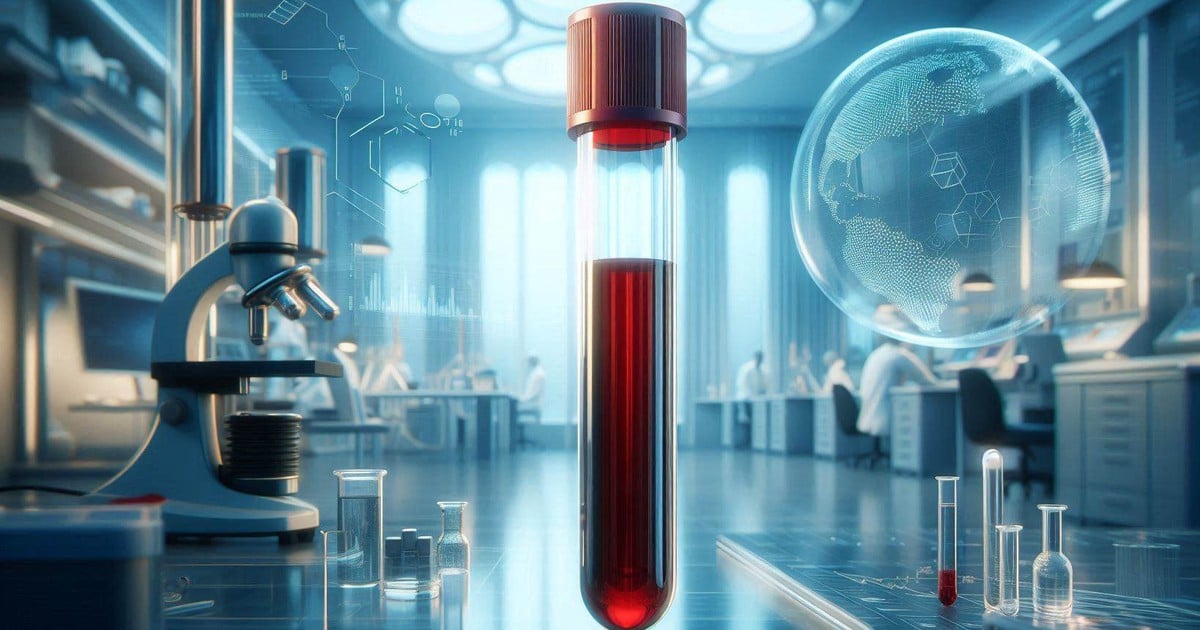

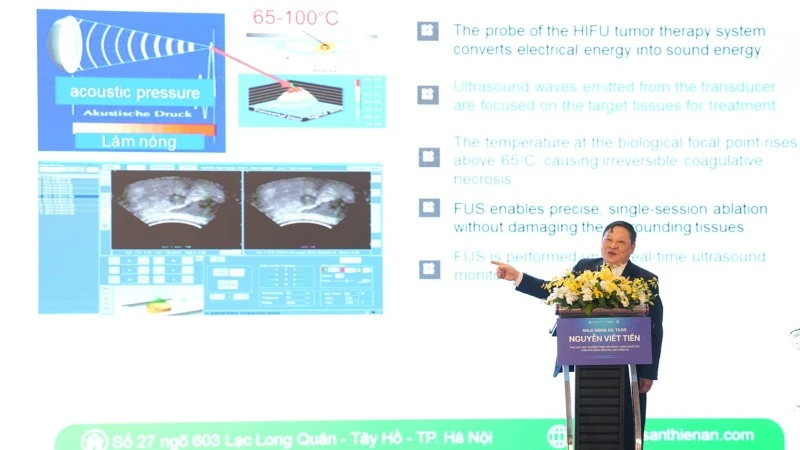
![[Video] First time in Vietnam: Successful implantation of 3rd generation partial artificial heart](https://vstatic.vietnam.vn/vietnam/resource/IMAGE/2025/4/12/8817412224094c68ba2c744b7bd5cfea)
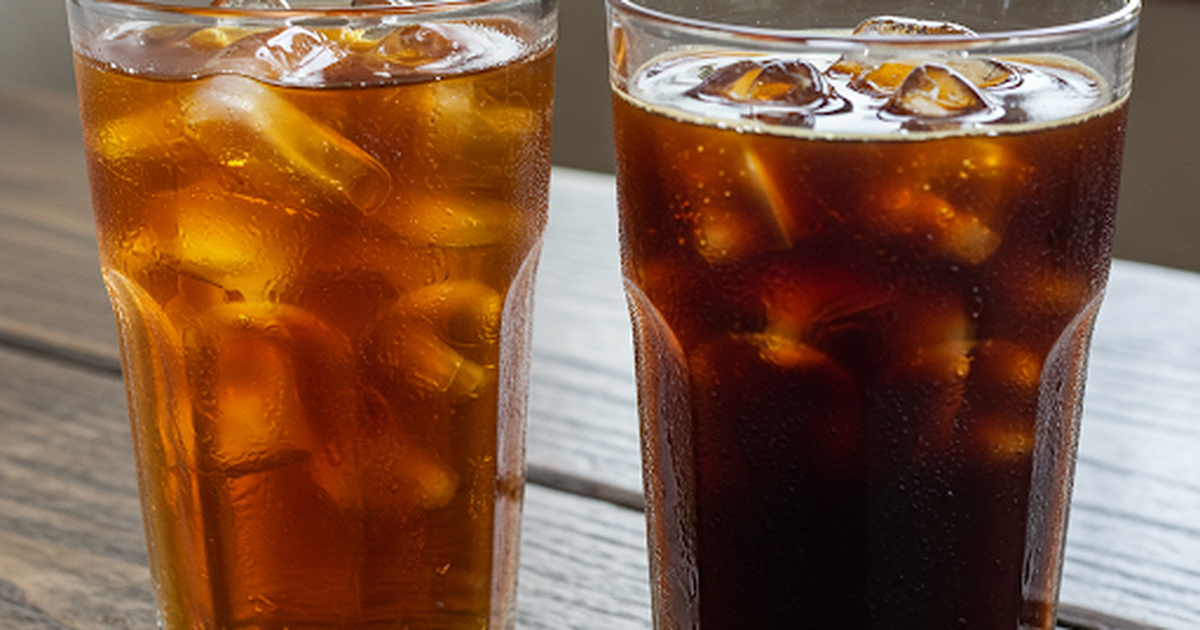


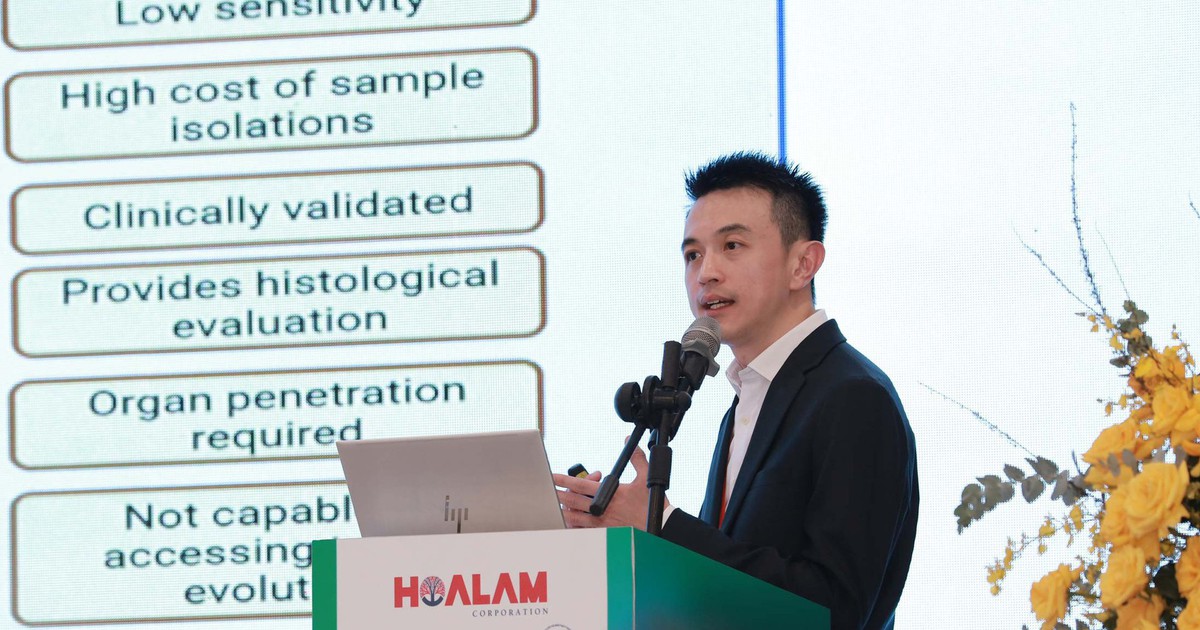







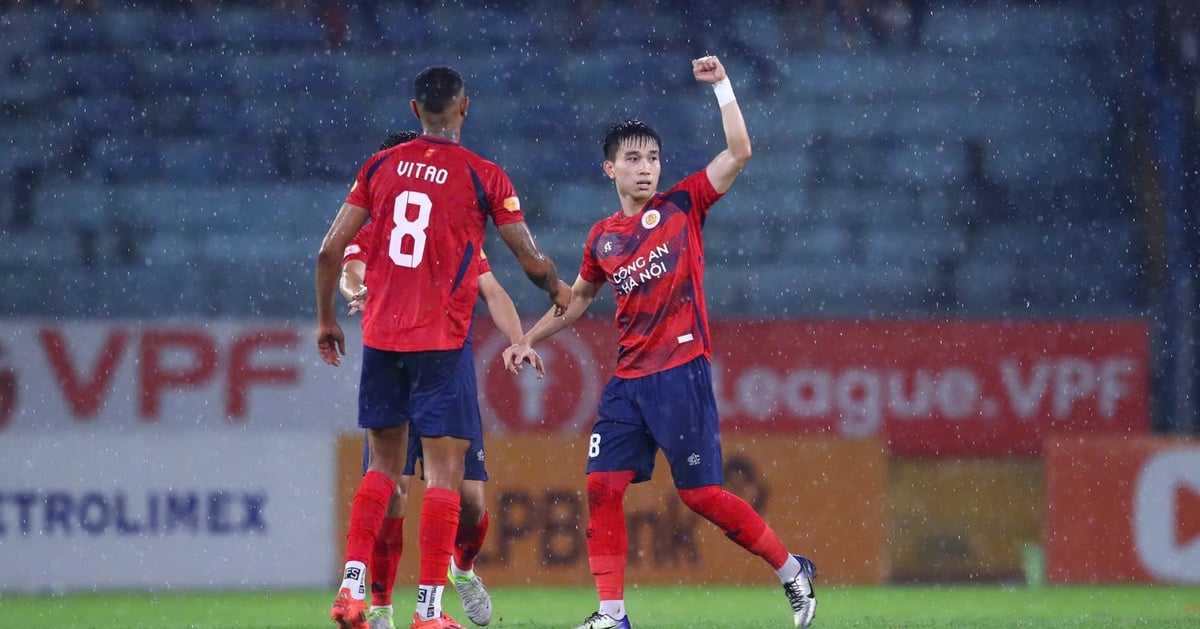














































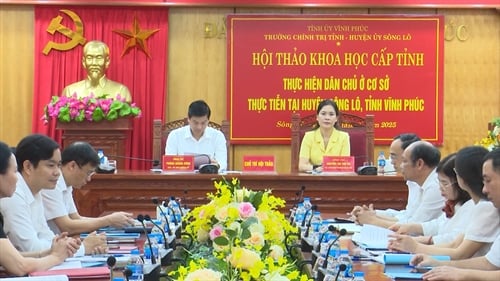

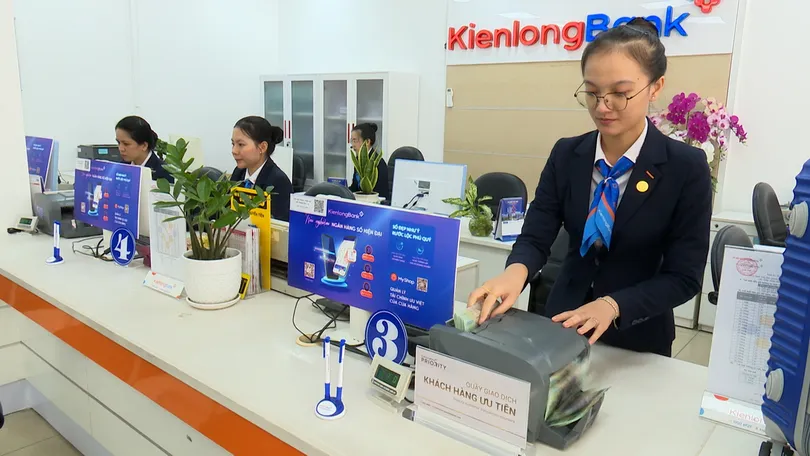
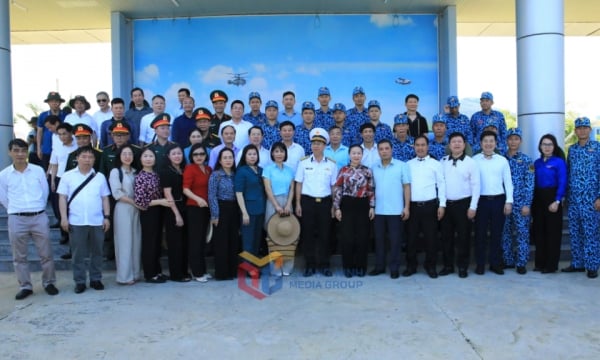











Comment (0)